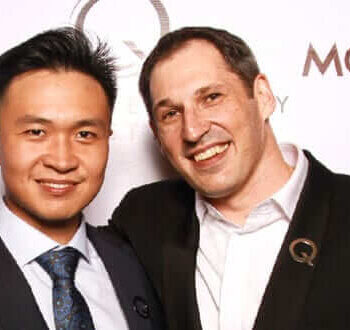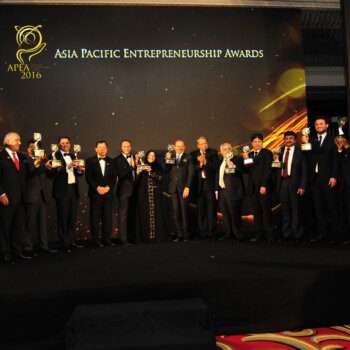(Women on Top in Tech is a series about Women Founders, CEOs, and Leaders in technology. It aims to amplify and bring to the fore diversity in leadership in technology.)
Here is my interview with Monica Kalia, Founder and Chief Strategy and Business Development Officer of Neyber.
What makes you do what you do?
A commitment to deliver a genuine alternative to the solutions offered by financial service providers whose high-interest rates and low returns on savings have helped to create an unprecedented era of financial stress and fuel indebtedness.
How did you rise in the industry you are in?
A combination of hard work and taking the opportunities that were presented to me; both over a long career in investment banking and as a fintech start up entrepreneur.
Why did you take on this role/start this startup especially since this is perhaps a stretch or challenge for you (or viewed as one since you are not the usual leadership demographics)?
I had accrued great knowledge of the financial services sector during my time in investment banking. I saw the potential for positive change in the consumer credit sector and to ensure that consumers benefited from a better deal. I was confident that our business concept would succeed and in the partnership that I have with my two Co-Founders.
Do you have a mentor that you look up to in your industries or did you look for one or how did that work?
I don’t have a specific mentor but instead, believe in the power of networking within the business community. Learning from great people from across the age and cultural spectrum has positively contributed to my career.
At Neyber we have Advisory Boards that contribute to the development of our business and the personal growth of the founder/senior executive team.
Now as a leader how do you spot, develop, keep, grow and support your talent?
Having a broad business and social network has delivered results for the founders of Neyber. We’ve been able to tap into a diverse pool of talented people who share our commitment to delivering fairer financial services. I personally look for people who are committed to our objectives and who love to be challenged at work. We also award equity to our people, as we believe that this is vital for keeping people at Neyber.
Do you consciously or unconsciously support diversity and why?
It’s sad that we should still have to be discussing this in the second decade of the 21st century. There should be no disbarred to people achieving whatever their cultural or economic background. At Neyber we have a totally diverse workforce that reflects the fact that we recruit on the basis of talent and commitment to our mission. If every employer were like this the world would be a different and better place.
What is your take on what it takes to be a great leader in your industry and as a general rule of thumb?
Great leaders rely on having great teams who are committed to the values of their organizations. This matters in every organization whether in Fintech companies such as Neyber, global businesses, charities or the public sector. Leadership tends to fail when people are neither aligned to their employers or committed to fulfilling the objectives that have been set for them. That’s why Neyber works both from a leadership and team perspective i.e. because we believe in the mission of the company.
Advice for others?
It’s essential to follow your personal values when establishing businesses. Go for what you believe in and work with partners who share your commitment. This will ensure that you get the right start-up team in place and bring the people on board who will make things happen.
To learn more about Neyber, please see https://www.neyber.co.uk/.
I am a huge fan and cheerleader of Women Leaders — If you know of an AMAZING Woman Founder, CEO, Leader in Tech or you are one yourself — Write me here.
AMPLIFY Conscious Business Leadership with me.






























